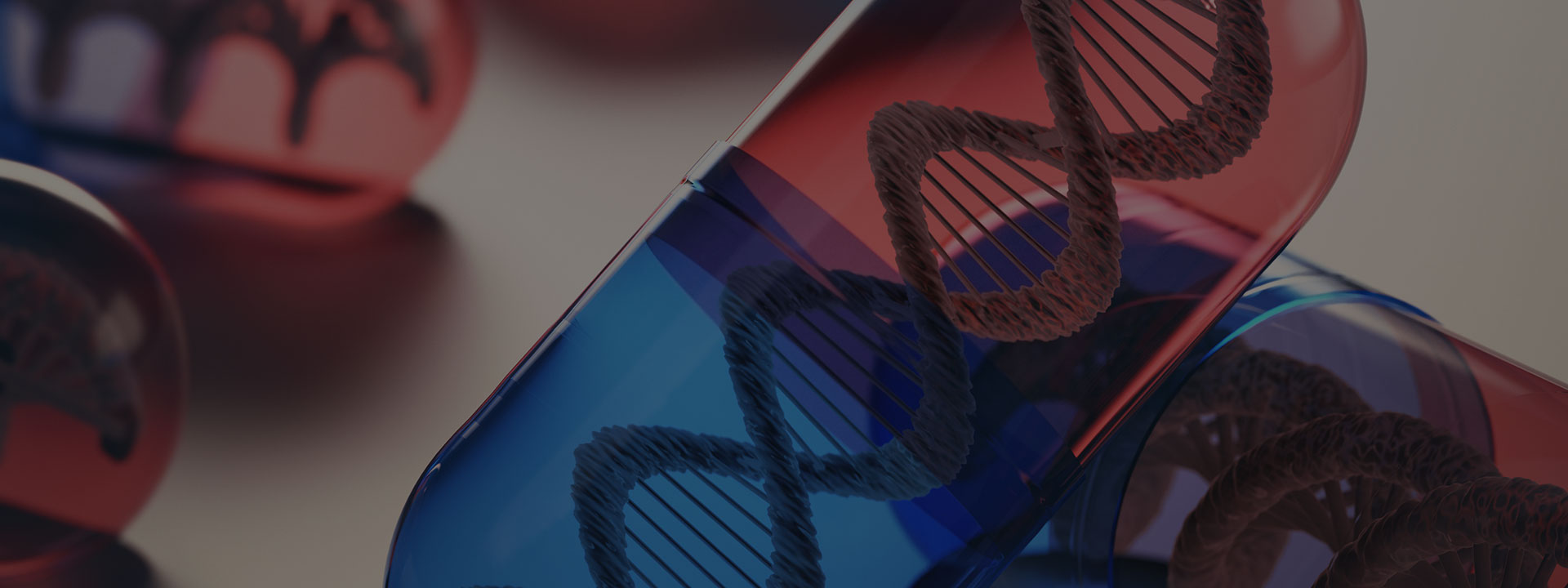To give appropriate credit to each author, the individual contributions of authors must be specified in the manuscript.
Acquiring or providing funding, collecting data, or general supervision of the research group, alone, rarely qualifies one for authorship.
All contributors who do not meet the criteria for authorship should be listed in the ‘Acknowledgements’ Section. Examples of those who might be acknowledged include someone who provided purely technical help or writing assistance, or a department chair who provided only general support.
Science, Medical or Technical Writers
The role of a Scientific, Medical or Technical writer (or anyone who assisted with the preparation of the manuscript) must be explicitly stated either in the Acknowledgments or, if sufficiently justified, as a co-author, along with their source of funding, per the professional organization’s guidelines:


